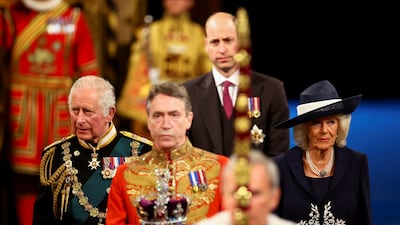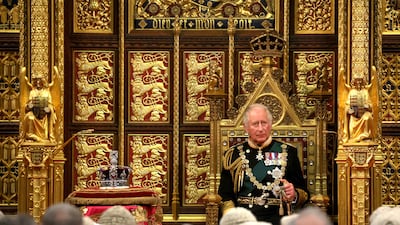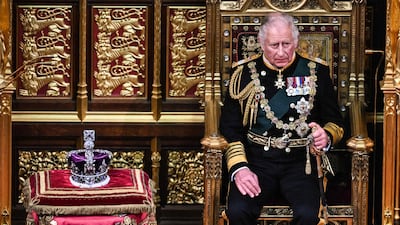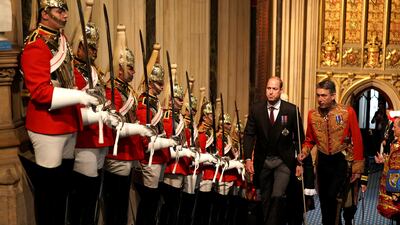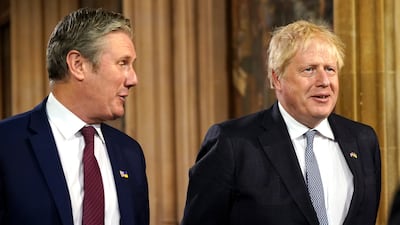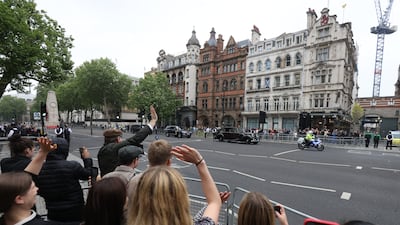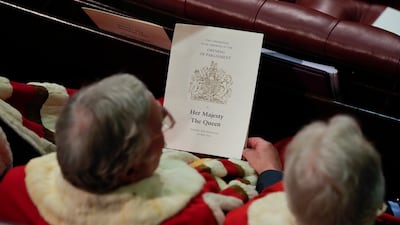Britain's Prince Charles took centre stage in the State Opening of Parliament on Tuesday but once the ceremonial regalia was packed away and he was at home in Clarence House, attention turned to the bills the government wants to make law.
The Queen’s Speech outlines the government’s priorities. Prime Minister Boris Johnson will hope these help to shore up his leadership, which has been rocked by partygate and heavy losses for his Conservative Party in the local elections.
This time around there are 38 bills. Among them:
A National Security Bill, under which security services will acquire additional powers to tackle foreign spies and attempts to influence British democracy, with particular reference to Chinese interference.
An Online Safety Bill to better regulate content appearing on the internet. Carried over from the previous parliamentary session, the legislation includes measures aimed at forcing online giants to take responsibility for protecting users and removing illegal content.
A Data Reform Bill will replace European Union rules allowing streamlined data protection laws that cut red tape and reduces burdens on businesses.
A Modern Slavery Bill will aim to increase support for victims of human trafficking and slavery, including by toughening punishments for perpetrators. The Prince of Wales said the government would take action to prevent "dangerous and illegal Channel crossings" and tackle the criminal gangs who profit from such journeys.
A Public Order Bill to try to force through a crackdown on “guerrilla protests”, with jail sentences and unlimited fines for those who disrupt vital national infrastructure that can include airports and oil depots.

The Schools Bill will give the education regulator powers to crack down on unregistered schools in England and truancy levels.
Two higher education bills, which can change eligibility for student loans and promise to protect freedom of speech on campuses.
The Economic Crime and Corporate Transparency Bill to strengthen investigatory powers and increase corporate transparency.
The Energy Security Bill aims to boost renewable energy options for the country.
Changes in the Harbours (Seafarers' Remuneration) Bill aim to ensure marine companies pay the UK’s minimum wage.
A Levelling up and Regeneration Bill gives councils new planning powers to help rejuvenate high streets.
A Transport Bill to regulate railway services across the UK, which can be overcrowded on popular routes or plagued by cancelled trains.
A Brexit Freedoms Bill to overhaul EU laws now that the UK has left the bloc.
